NASA’s FireSat System Will Be Able To Detect Wildfires From Space

NASA’s FireSat system will be able to detect wildfires from space
More Posts from Curiositytherover and Others
Watch The Martian (2015) Full Movie
Watch The Martian (2015) Full Movie

E-paper sneakers change your style on the fly


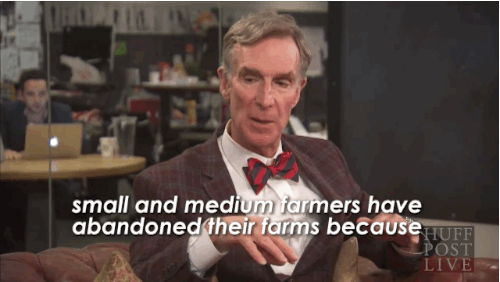

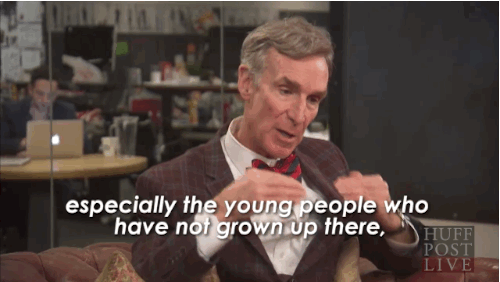

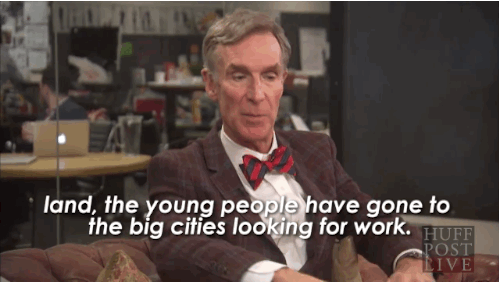
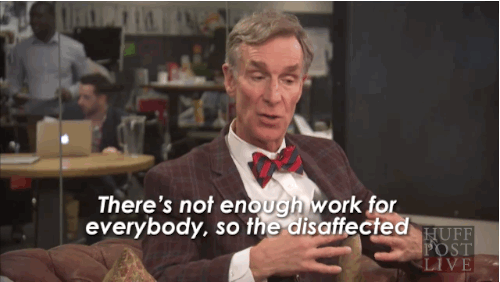
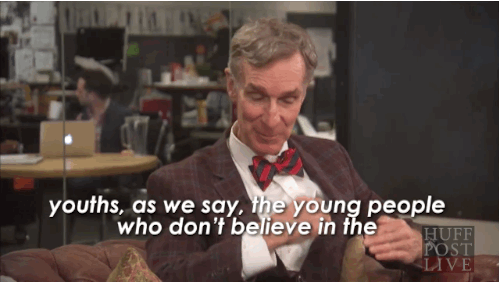

Bill Nye Explains The Connection Between Climate Change And Terrorism In Paris
President Obama made headlines Monday when he said during his remarks at COP21 that the climate change conference taking place in Paris is an “act of defiance” against terrorists who attacked the city earlier this month. Later on the same day, Bill Nye took that link a step further, explaining to HuffPost Live that the brutality in Paris was “a result of climate change.”
“This is just the start of things.”
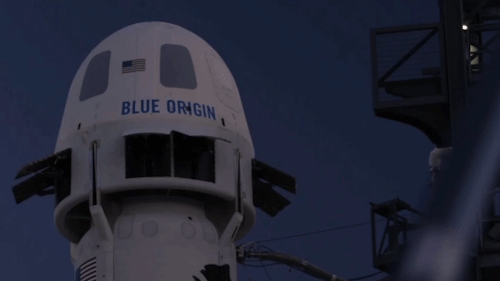
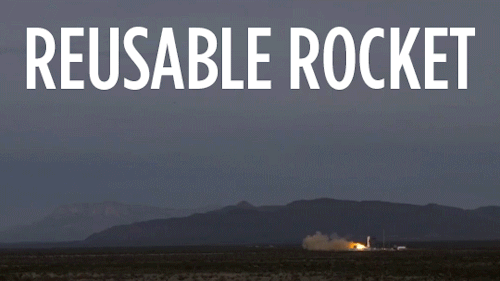

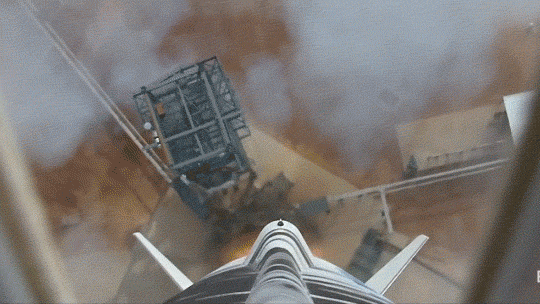
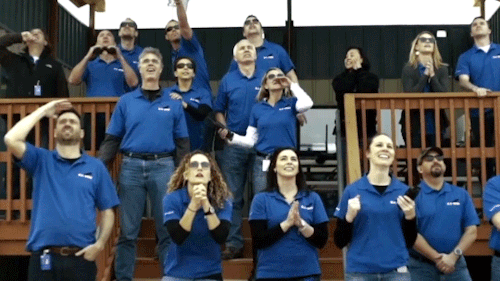
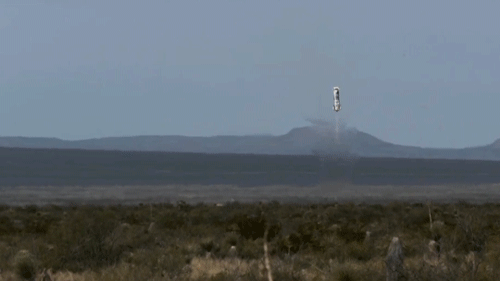
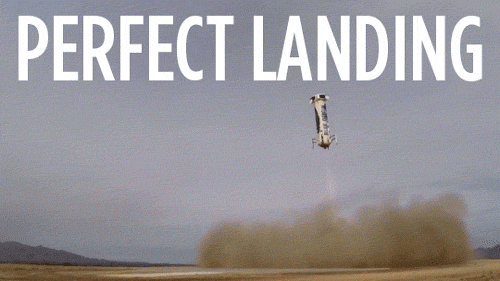
Via his very first tweet, Jeff Bezos announced that his spaceflight company has accomplished a historic first. It sent a rocket to the edge of space and then landed that rocket’s main fuselage gently on dry land.
Most things humans have sent into space are pushed up there by a disposable rocket. Once the rockets do their job, they fall back to earth, usually worse for wear. They have to be rebuilt each time (though sometimes their parts can be reused). That’s an expensive process, especially if you are a private company hoping to bring tourists to space. Virgin Atlantic, Elon Musk’s company SpaceX and Bezos’ Blue Origin all want to do just that.
And now Blue Origin has paved the way, landing its rocket on its second attempt (the propulsion module was destroyed when they first tried). Here’s the video in full:
Elon Musk responded to the news on Twitter. He pointed out that it requires much greater speed to actually reach orbit than it does to reach the edge of space. (Phil Plait has some good analysis of the exchange over on his Bad Astronomy blog.)
Still, it’s a pretty amazing accomplishment.

We pulled together the week’s top tech stories, just for you:
1. Living in the ‘90s? So are Underwater Wireless Networks Pro tip for anybody experiencing the frustration of heavy lag when you’re trying to watch a streaming video: You might be underwater. Try unplugging your router and plugging it back in again, once you’ve made it to dry land. via: Cellular News
2. Man survives 48 straight hours in VR with no reported nausea This is great news for pretty much everybody involved. Of course, if you believe in the many-worlds theory, there’s some alternate timeline where two whole days of this guy’s life were a real bummer. via: @arstechnica
3. When Virtual Reality Meets Education A bold step forward in the radical plan to unseat “time for recess!” as the most exciting thing students hear at school. via: @techcrunch
4. In a Huge Breakthrough, Google’s AI Beats a Top Player at the Game of Go One 2,500-year-old game. One 19-by-19 grid. Two players. One human brain. One state-of-the-art neural network. 170 GPU cards. 1,200 standard processors. 250 possible moves for any given turn. (Go figures). via: @wired

This is your closest look yet at a Kuiper Belt object


Titan Beyond the Rings


There’s finally a Tesla that’s priced like a normal car
Follow @the-future-now
Typically the first question asked of new parents is, “Is it a boy or a girl?” But what is the brain biology behind sexual differences? Join Bridget Nugent, a researcher from the University of Pennsylvania, to learn about how sex differences are created in the brain.
Download this podcast or watch the video below:
-
 stone-faced-sunset reblogged this · 9 years ago
stone-faced-sunset reblogged this · 9 years ago -
 so-chang liked this · 9 years ago
so-chang liked this · 9 years ago -
 curiositytherover reblogged this · 9 years ago
curiositytherover reblogged this · 9 years ago -
 rjbailey reblogged this · 9 years ago
rjbailey reblogged this · 9 years ago -
 rjbailey liked this · 9 years ago
rjbailey liked this · 9 years ago -
 ogvillasupreme reblogged this · 9 years ago
ogvillasupreme reblogged this · 9 years ago -
 accidentalscience reblogged this · 9 years ago
accidentalscience reblogged this · 9 years ago -
 princeof-tan-air reblogged this · 9 years ago
princeof-tan-air reblogged this · 9 years ago -
 stone-faced-sunset liked this · 9 years ago
stone-faced-sunset liked this · 9 years ago -
 eye17 liked this · 9 years ago
eye17 liked this · 9 years ago -
 amigo155 liked this · 9 years ago
amigo155 liked this · 9 years ago -
 shmoo92 liked this · 9 years ago
shmoo92 liked this · 9 years ago -
 engadget reblogged this · 9 years ago
engadget reblogged this · 9 years ago